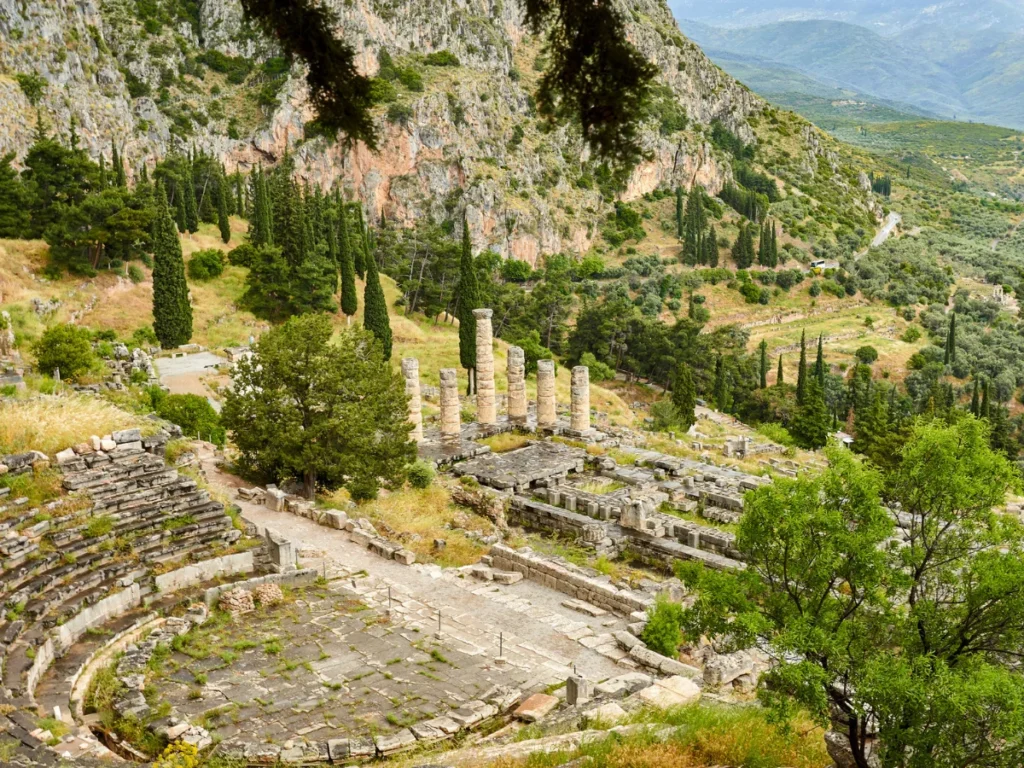Zeus was the king of gods
Zeus was the king of gods in Greek mythology and reigned from his celestial throne on Mount Olympus. Known for his thunderbolts and supreme authority, he oversaw the pantheon of Greek deities. As the ruler of the heavens, his power and influence were unparalleled. Stories of Zeus and his adventures continue to captivate and inspire, reminding us of the enduring allure of ancient Greek mythology.

The King of the Gods: Zeus
Zeus, the chief deity of the ancient Greek pantheon, reigned as the king of the gods and held dominion over the heavens and Earth. As a central figure in Greek mythology, Zeus embodied the embodiment of power, wisdom, and leadership. His role extended beyond mere governance, shaping the very fabric of the universe.
Zeus’ Authority and Attributes
Zeus’ authority was rooted in his mastery over thunder and lightning, symbolized by his iconic thunderbolt. This potent weapon underscored his supremacy, capable of both creation and destruction. His wisdom guided divine affairs, and his decisions echoed throughout the mortal realm. As the father of gods and men, Zeus ruled with a combination of might and sagacity, often invoked by mortals seeking justice or guidance.
Myths and Influence
Zeus’ character was colored by numerous myths, illustrating his interactions with gods, mortals, and even his own family. The tale of his overthrowing his father, Cronus, demonstrated his triumph over primal chaos. His escapades and liaisons resulted in numerous divine and heroic offspring, including Athena, Apollo, and Hercules.
The influence of Zeus extended beyond mythology, permeating ancient Greek society. His name was invoked in oaths and prayers, emphasizing his role as a divine arbiter. The Olympic Games, held every four years in Olympia, were dedicated to him and celebrated his dominion over the world.
In conclusion, Zeus’ formidable presence as the king of the gods and his multifaceted attributes shaped the very essence of ancient Greek culture. His myths, symbols, and role in religious practices underscored his central place in both the divine and mortal realms.
More History

Plato
Plato, the ancient Greek philosopher and student of Socrates, founded the Academy in Athens. His profound writings explored philosophy, ethics, and the nature of reality, shaping Western thought.

Aeschylus
Aeschylus, a renowned ancient Greek playwright, authored tragedies like “The Oresteia,” influencing Greek theater with his innovations in dramatic structure and themes that explored justice and fate.

Dialects
Ancient Greece boasted diverse dialects like Attic and Ionic. These linguistic variations reflected regional identities and were evident in literature, contributing to the richness of Greek culture.
